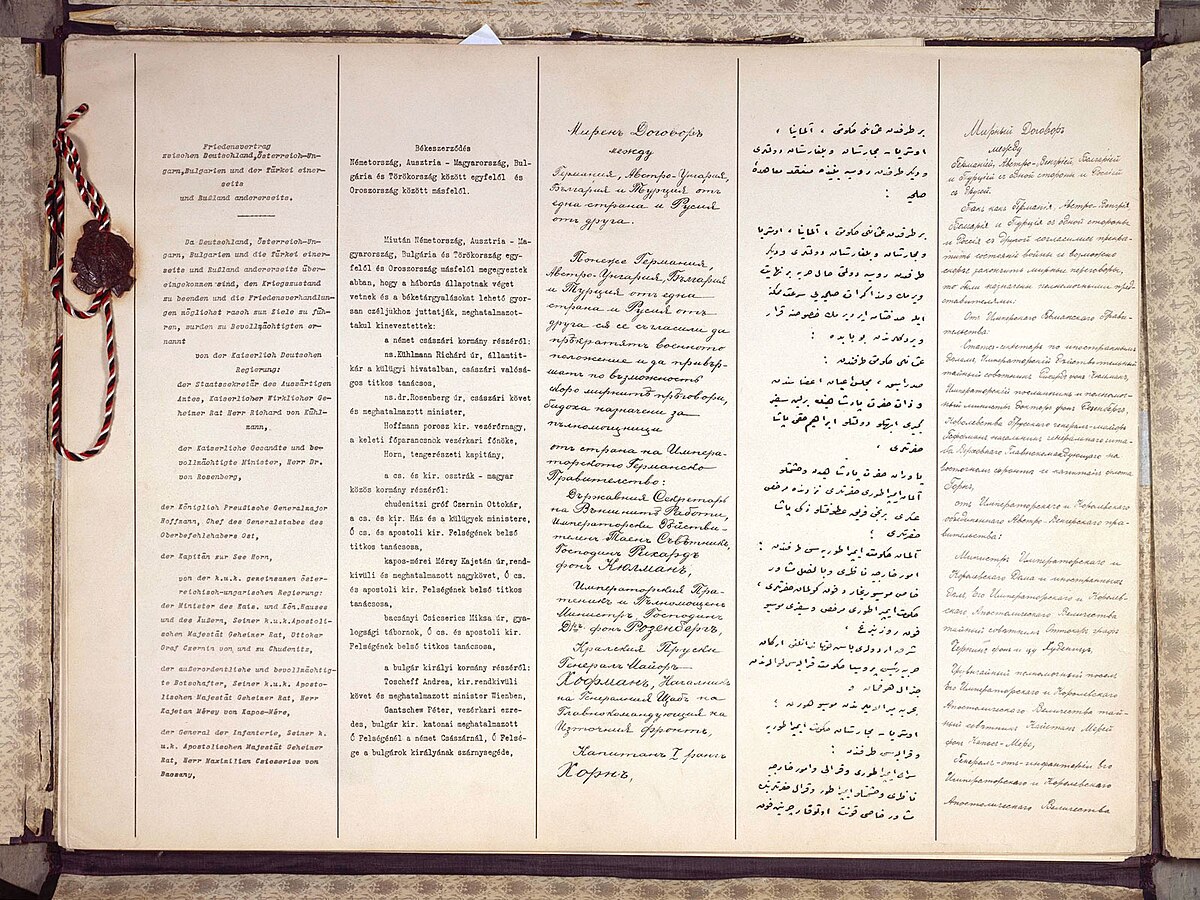What if the US would have remained neutral in WWI and thus the Entente would have gotten no unsecured loans from the US from 1917 onwards? A great way to do this would be for Germany to delay the decision on resuming USW for an additional several months, after which point it would have already become unnecessary.
Anyway, with the Entente's financial situation being much more dire in this scenario, could we actually see a pro-CP compromise peace in 1917 or, at the very latest, 1918 in this TL? I know that already in 1917, there were some prominent voices in favor of a compromise peace, such as the German Reichstag (with its Peace Resolution), the Russian Provisional Government, Kaiser Karl, and the Pope.
What do you think about this?
Anyway, with the Entente's financial situation being much more dire in this scenario, could we actually see a pro-CP compromise peace in 1917 or, at the very latest, 1918 in this TL? I know that already in 1917, there were some prominent voices in favor of a compromise peace, such as the German Reichstag (with its Peace Resolution), the Russian Provisional Government, Kaiser Karl, and the Pope.
What do you think about this?



